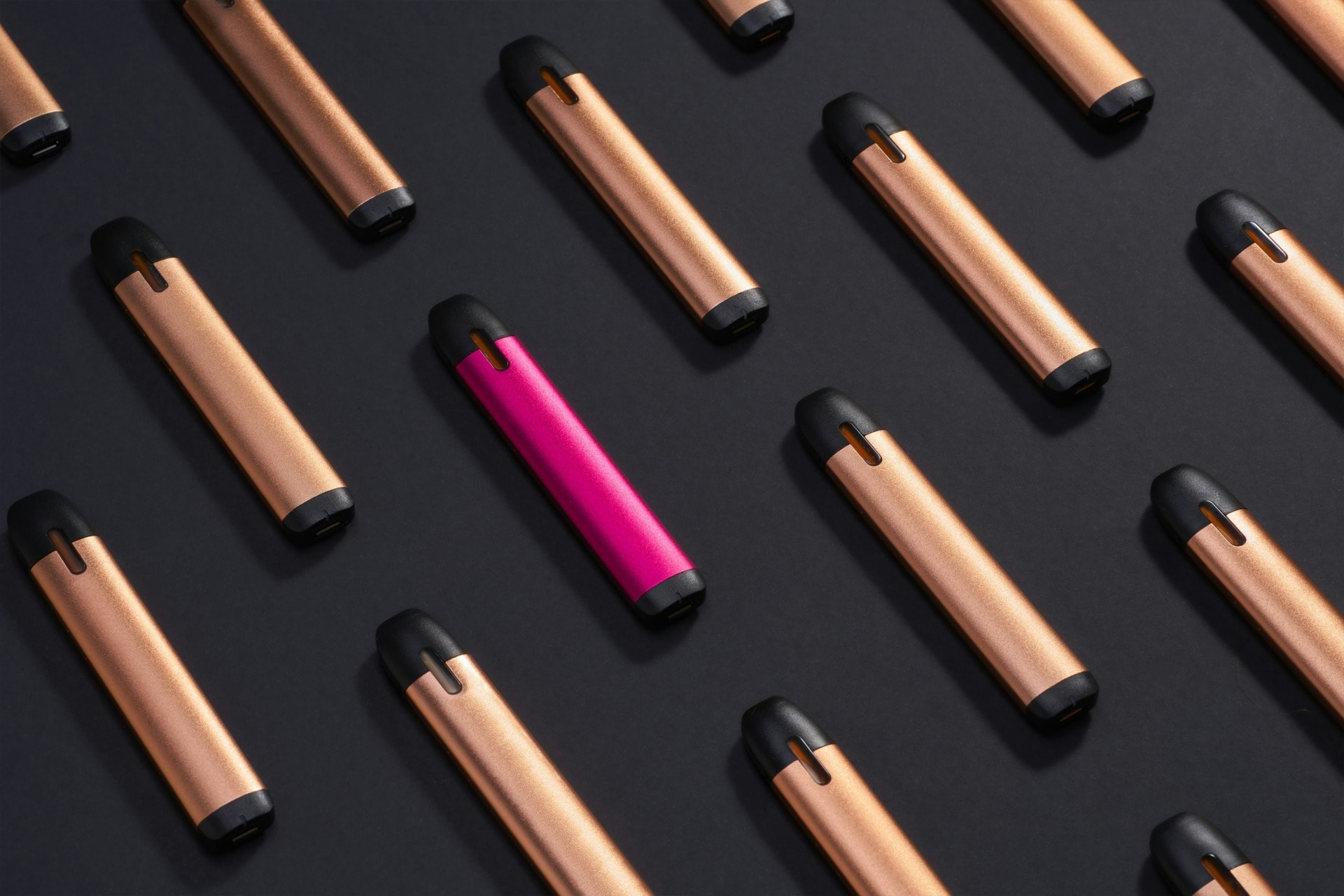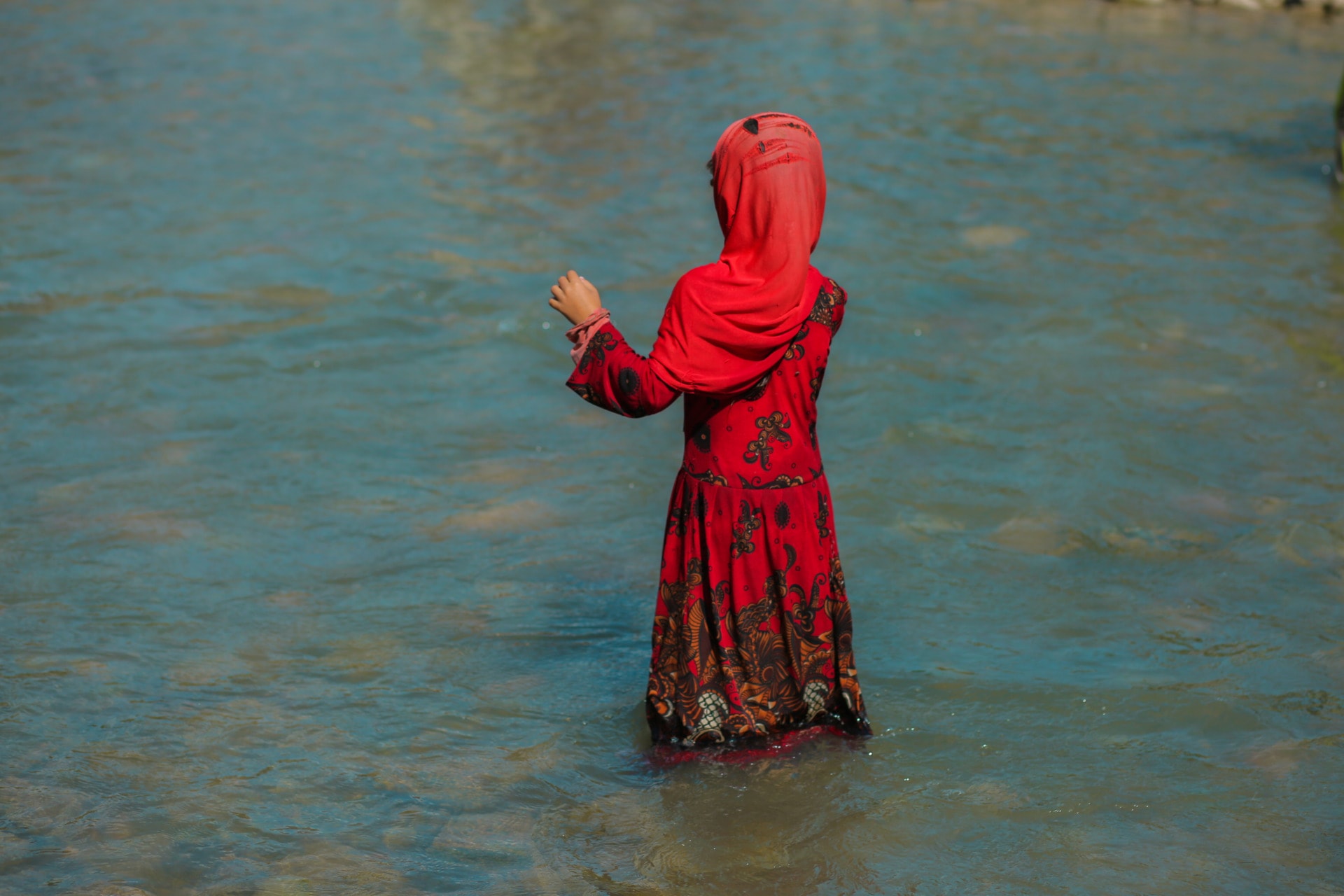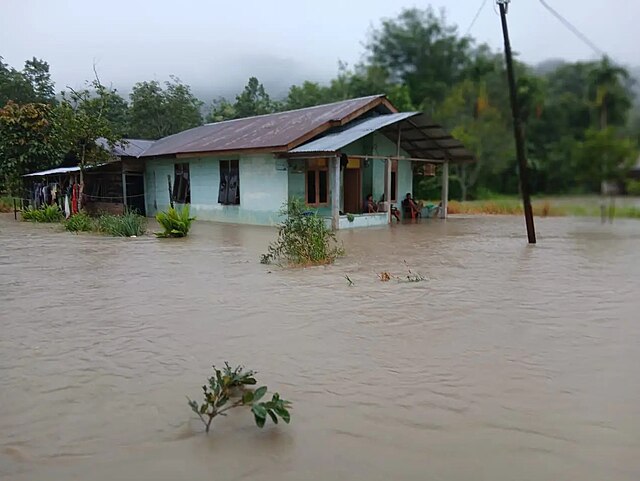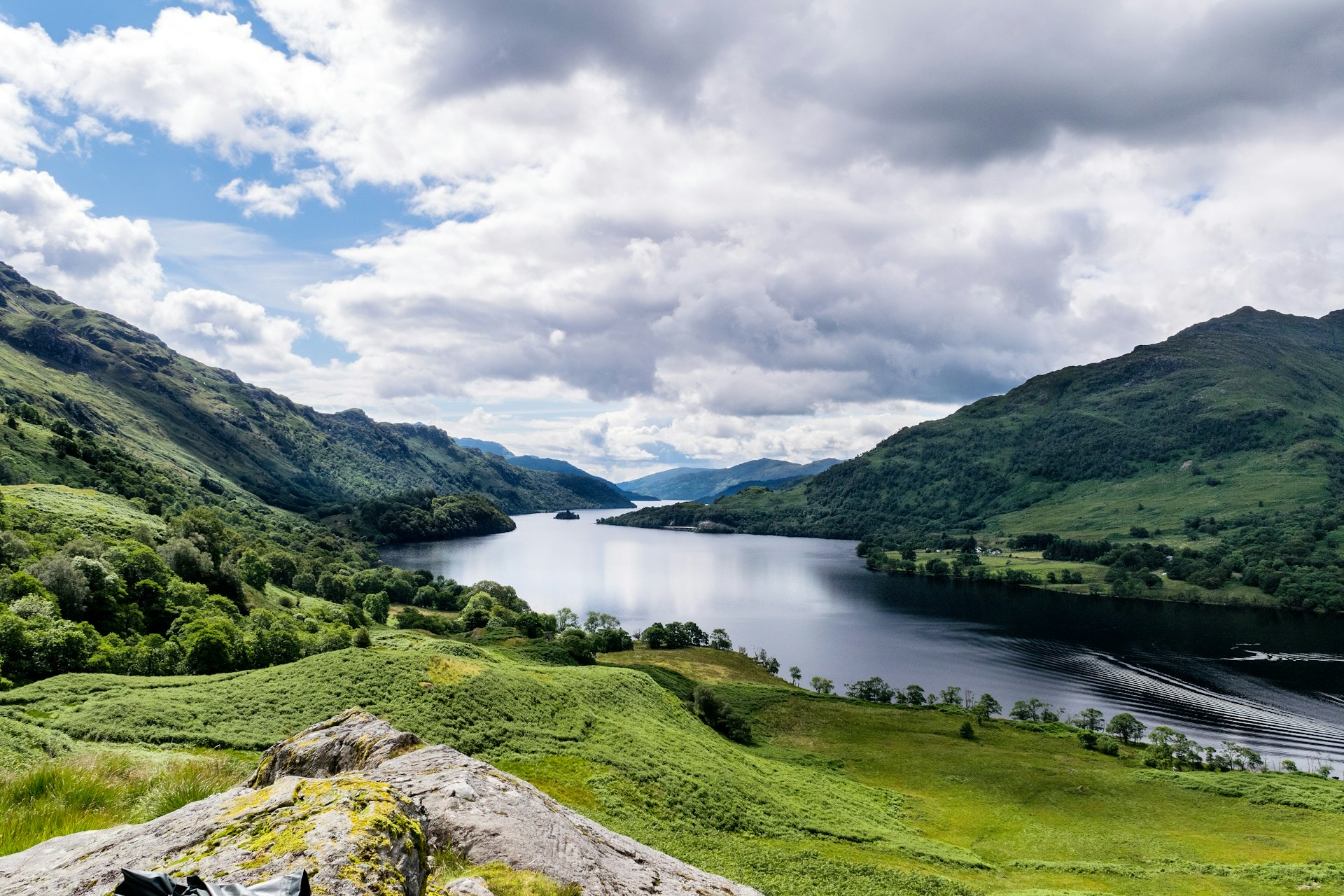In December 2017, BBC’s Blue Planet II was broadcast. David Attenborough’s latest documentary showed the world the harsh realities that human behaviour, particularly our relationship with plastic, which is ruining the aquatic environment. Garbage is being dumped into oceans with no consideration for the wildlife that is now drowning in plastic. The world woke up to a very real environmental crisis.

CuanTec, our Scottish biotech company creating a circular economy, has already started working to solve this problem. The solution was a new type of bioplastic made of only food ingredients and fully compostable – the main component being chitin extracted from the shells of shellfish.
Related topics: Episome Biotech – Biotechnology in Lithuania and the Baltic Sea Region – Innovative Solutions to Food Waste – Circular Economy
As early as 2013, the idea that waste shellfish could be made into something useful was on our minds. The trouble was how to do this. Chitin, the 2nd most abundant natural polymer, was not a new product, already being used worldwide in a variety of industries and products. However, the traditional extraction of chitin and subsequent conversion to chitosan (which is what is eventually used in most products) was costly, high in energy and polluting from the use of harsh chemicals.
Scientists at CuanTec worked hard to develop a process that relied less on chemistry and more on biology to eliminate the problems associated with the traditional means. They came up with a process that uses fermentation, similar to the process to make yogurt or alcohol, to break down the shells of langoustines. This meant that the next steps could use much more gentle conditions than the established process, succeeding in their mission to make the extraction of chitin and conversion to chitosan more environmentally-friendly and cost-effective. Eventually, we hope to develop a fully biological process, removing all chemicals.

With high quality, environmentally-friendly chitosan in hand, the next step was to formulate it into a sheet that is strong and flexible, like standard PET plastics, but also fully compostable within 90 days. The chitosan film we have created, CuanSave™, is also anti-microbial. We found that it increased the shelf life of fresh fish by up to 40%, reducing another source of food waste. As awareness of plastic pollutions grows, more and more industries want to remove plastic from their processes and want CuanTec to help them do so. In late 2018, CuanTec entered a partnership with Waitrose, one of the UK’s biggest supermarkets, to help bring CuanSave™ to market as food packaging for their fresh salmon.

The environment has always been at the heart of CuanTec, particularly our oceans and seas, and CuanSave™ is only the beginning. We have created a circular economy by taking the waste parts of shellfish, which would otherwise be sent to landfills, incinerated or dumped into the ocean, and making something that will be useful to humans but not leave an impact on the environment. We are also working hard to become a zero-waste company. The main by-product from our process is a high protein liquid which we are developing into a feed for salmon. Finally, we plan to use carbon capture technology so that any CO2 produced during the extraction and conversion will not be released into the atmosphere.
Editor’s Picks:
 “Hungry for data, starving the world”
“Hungry for data, starving the world”
 “How charcoal water filters can reduce plastic waste”
“How charcoal water filters can reduce plastic waste”
There is now an ever-increasing demand from consumers for sustainable products and for companies to reduce their environmental impact. CuanTec is leading the way by fulfilling both. We are proof that if companies think about their processes and their technology, they can create new and innovative processes that can reduce their waste streams and/or greenhouse gas emissions. The environmental emergency the world has found itself in will not be resolved overnight. It will take lots of systematic changes before we can clean up the mess we are making. CuanTec is committed to only making choices that will benefit the environment, and we hope that our products will make plastic pollution history.

In the Cover Picture: Pollution building up in our waters, endangering wildlife and causing potential health hazards. Photo Credit: Andrew King, CuanTec.
EDITOR’S NOTE: The opinions expressed here by Impakter.com columnists are their own, not those of Impakter.com.














